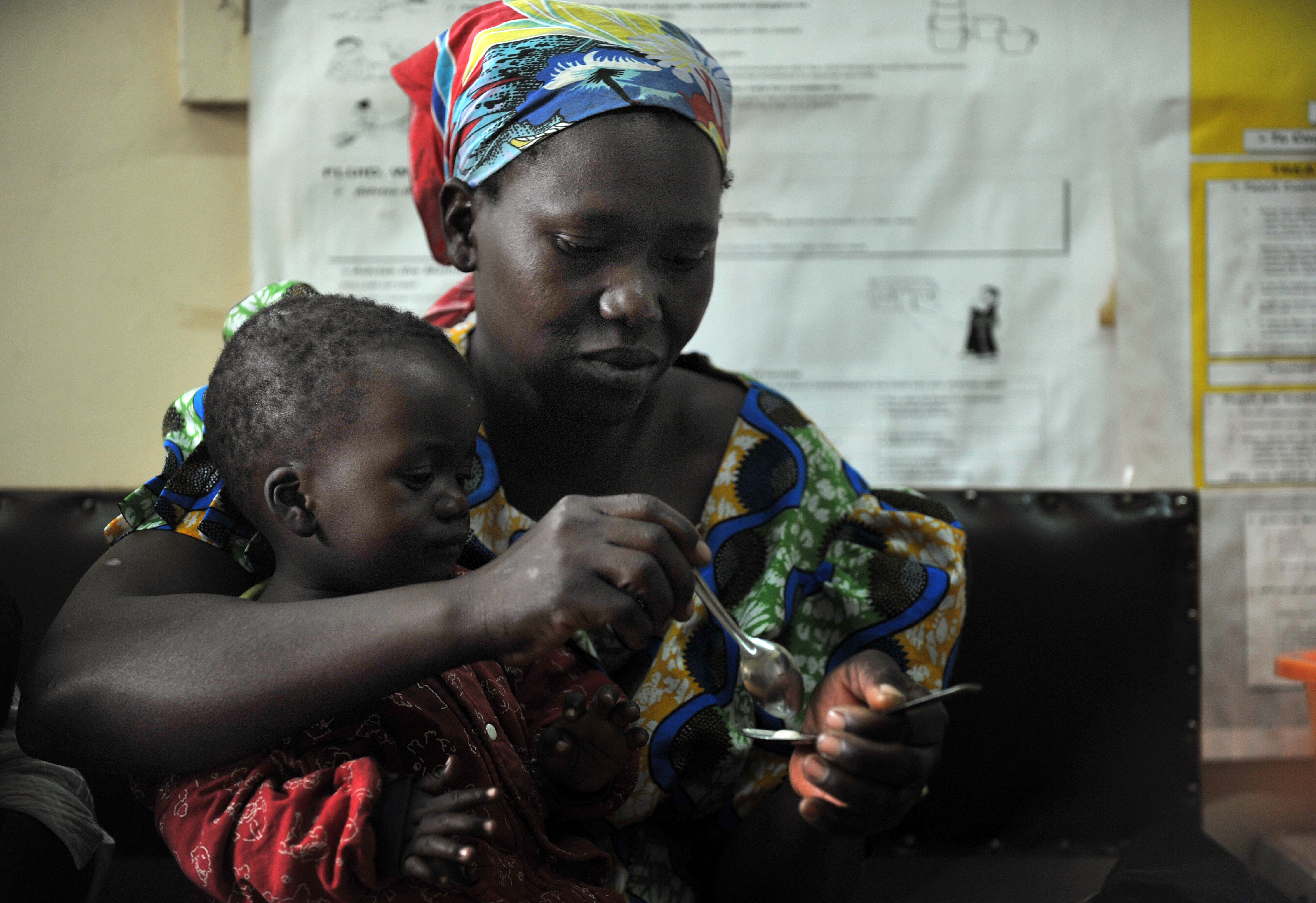ORS and zinc use: Where does communication fit in?
|

In a recent survey completed by PATH on perceptions of ORS and zinc in India and Kenya, caregivers in both countries demonstrated some encouraging similarities in knowledge and behavior:
· More than 90% of caregivers recognize the need to rehydrate a child suffering from diarrhea.
· Lethargy and lack of appetite are much more concerning symptoms to caregivers than the diarrhea itself.
· The goals for seeking treatment, in order of importance, as articulated by the caregivers, are: prevent the child's illness from getting worse, restore the child's energy, and stop the diarrhea.
Health interventions only help to the extent to which they are understood and used, and this evidence should make global health communicators proud that these messages are taking root in rural communities and becoming incorporated into new caregiving practices.
That said, the research also indicated that there are still some unanswered questions and opportunities for better communication. Though there seems to be a basic understanding that ORS rehydrates children, caregivers also understand that it doesn't stop the diarrhea - and often, they feel that's not good enough. Antibiotics and other medicines are often perceived as the best treatment and that it will always stop the diarrhea, which is only true in some cases.
In other cases, our messages have exacerbated misunderstandings. The image of water over a fire on ORS sachets is meant to suggest that caregivers should boil their water, but is sometimes interpreted to mean that the ORS needs to be cooked and served hot.
And still at other times, our messages are irrelevant. For communicators and advocates, we consider the fact that zinc can prevent future diarrhea episodes a huge selling point. But this doesn't ring true for caregivers, whose priorities are tightly focused on the life-or-death situation at hand, without the luxury of wondering whether the product may be useful in the future.
We should celebrate the encouraging trends that point to successful communication efforts, but let's not forget the necessity of innovating new approaches when messages fall short. Community health workers will continue to play an essential role in framing the messages appropriately.
Photo credit: PATH/Tony Karumba.














